The Power of Active Listening: Transforming Conversations into Opportunities
Active listening transforms visibility into influence. Leila Janah’s journey shows how empathy, silence, and awareness turn conversations into genuine opportunities for growth.




